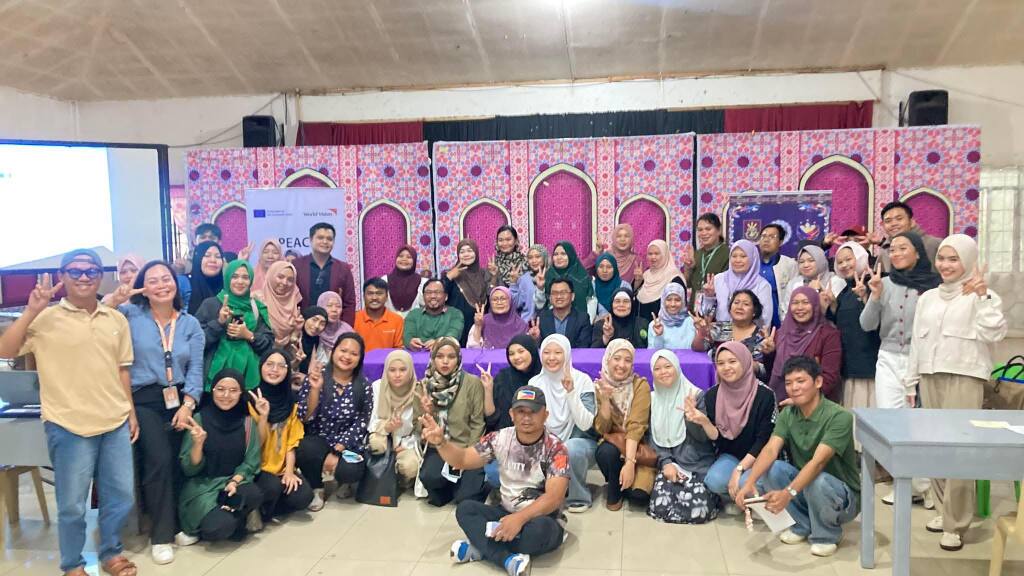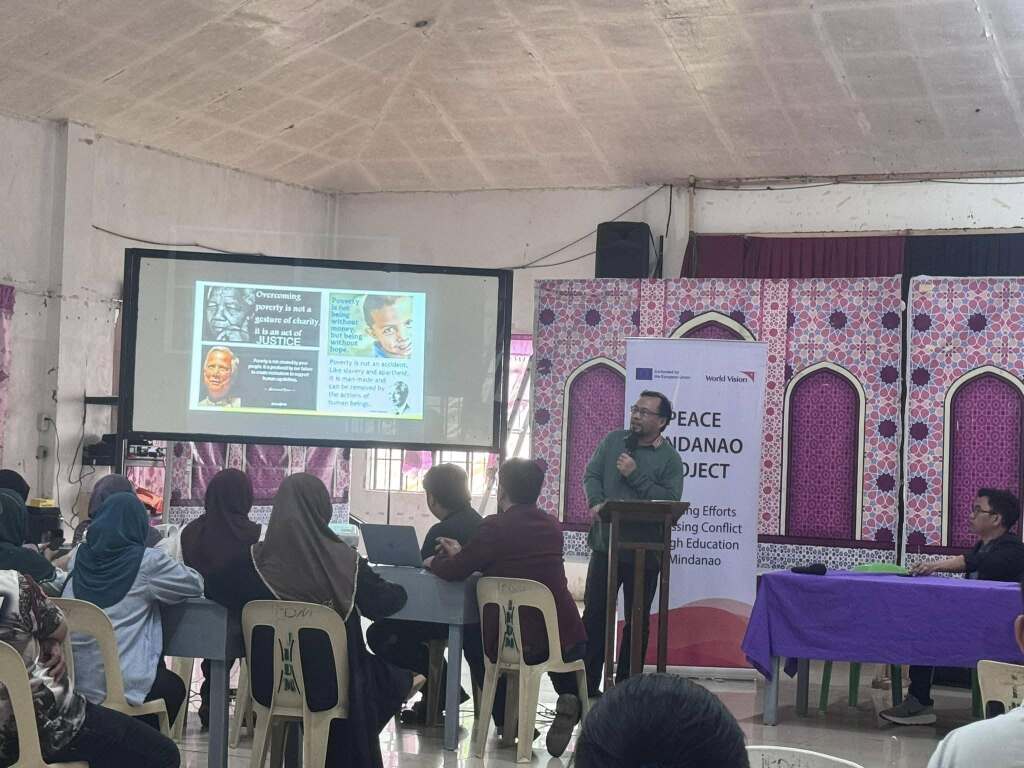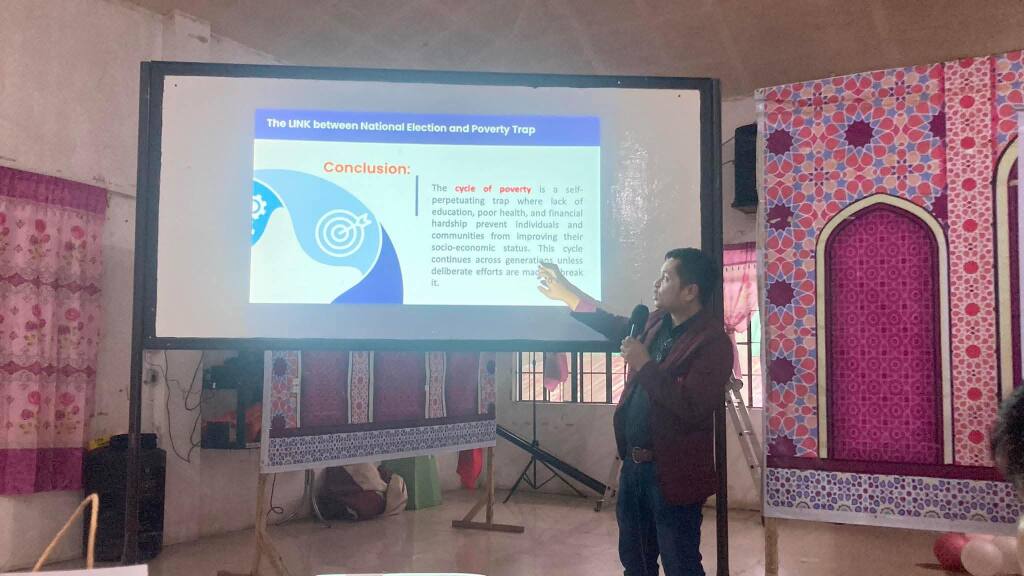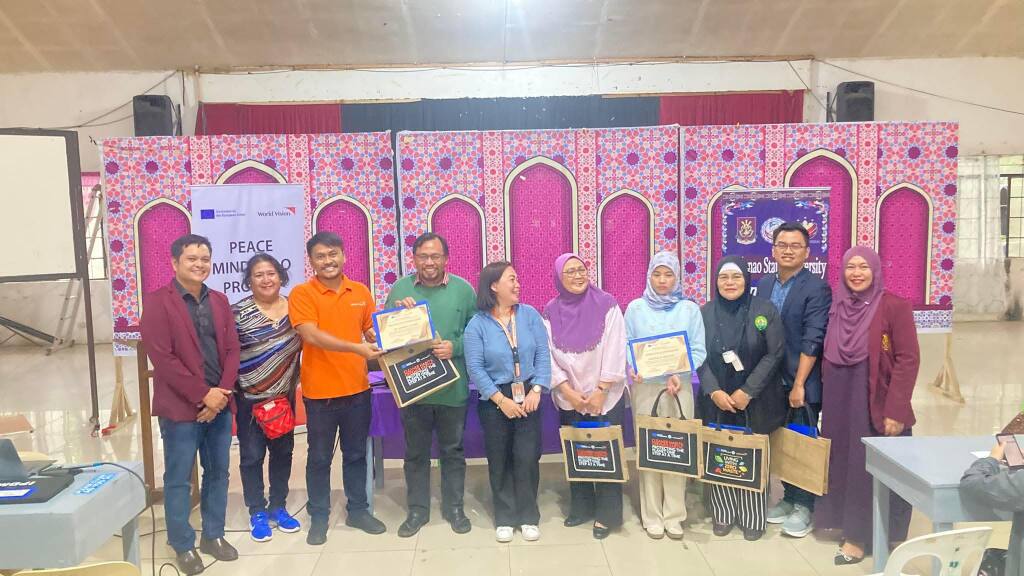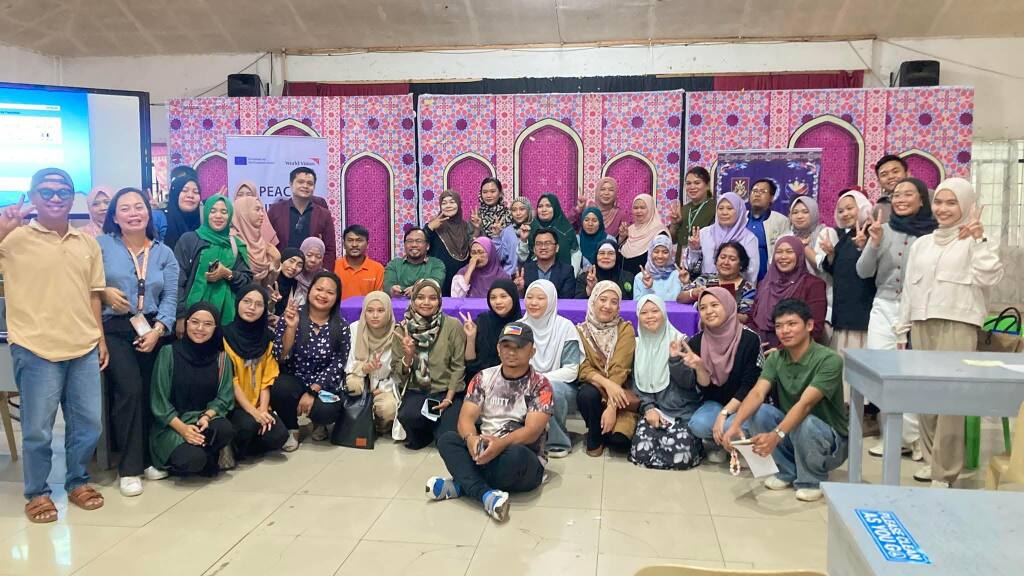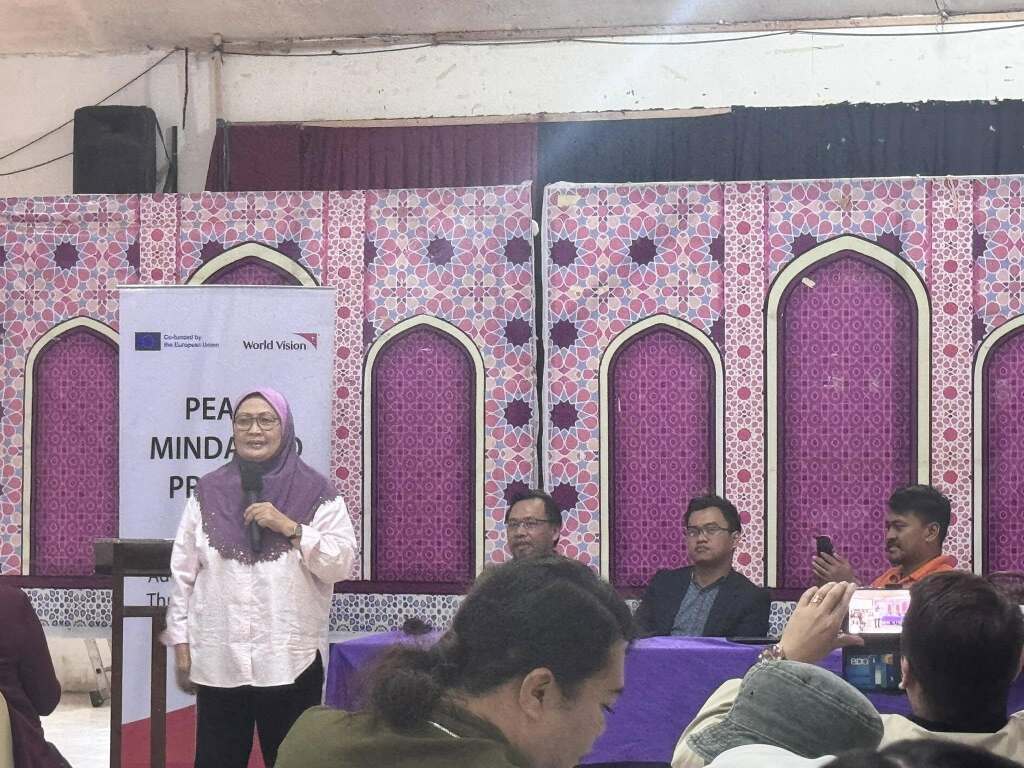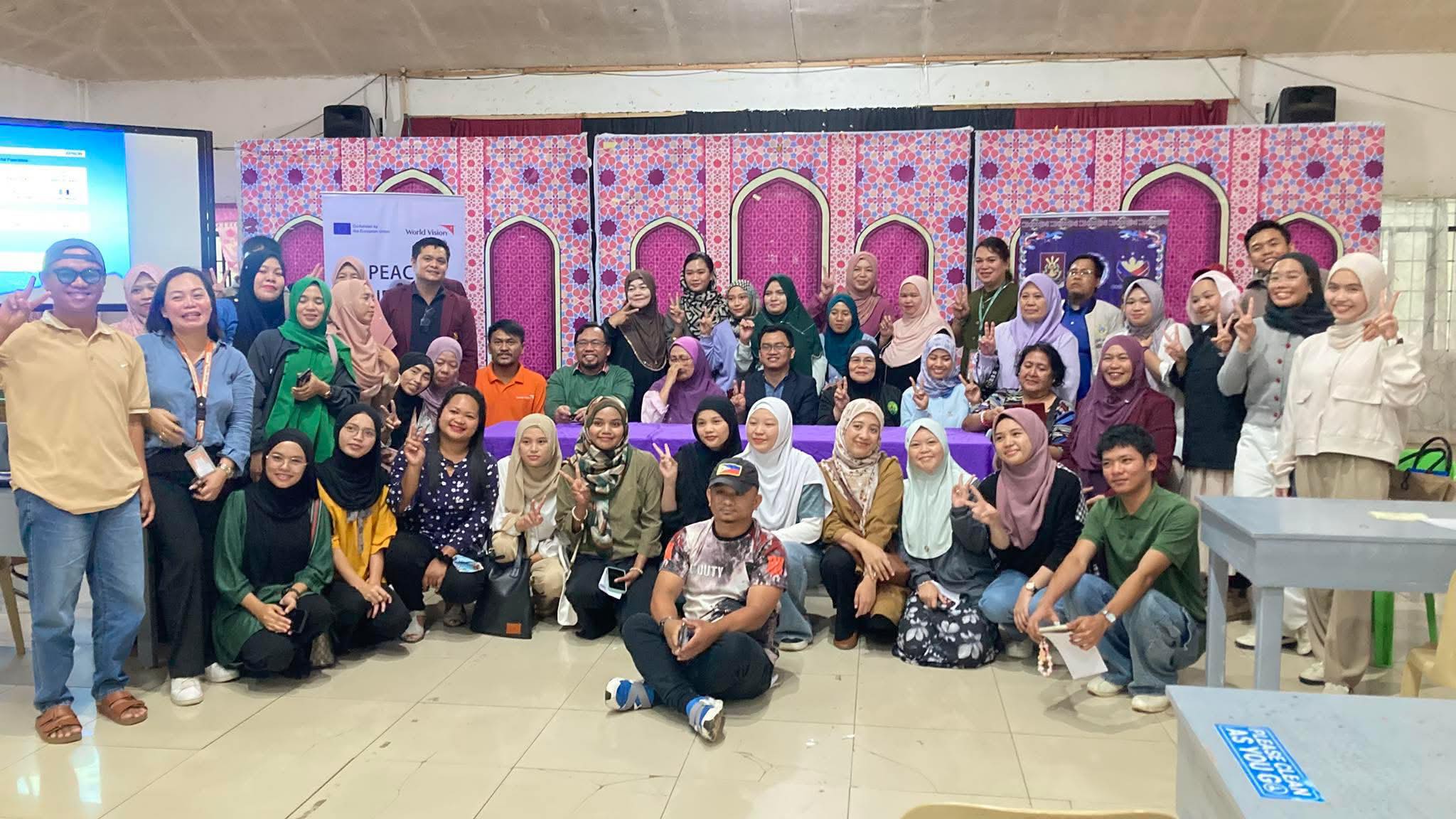Aliah P. Cali-Pascan, DPA, JD
Mindanao State University, Marawi City – In a significant step towards fostering peace and development, a “Peace Forum” was recently held in Marawi City, bringing together diverse voices to address critical issues impacting the region. The forum, organized by World Vision, focused on the complex relationship between elections and poverty, aiming to identify pathways towards a more equitable and prosperous future.
The event commenced with the arrival and registration of participants, followed by an opening prayer led by a respected religious leader, setting a tone of unity and shared purpose. Robert Basco, Project Manager for Peace Mindanao, laid the groundwork for the day’s discussions by outlining the rationale and objectives of the forum.
A key highlight of the event was the insightful presentation by Dr. Acram A. Latiph, Executive Director of the Institute for Peace and Development in Mindanao (IPDM) and Professor at Mindanao State University – Marawi Campus. Dr. Latiph’s input, titled “How Does Election Contribute to the Poverty Trap?”, explored the intricate links between electoral processes and socioeconomic challenges, providing a crucial framework for the subsequent discussions.
The forum featured a dynamic “Panel of Reactors,” comprising representatives from various sectors of society. These included:
Women: Prof. Norkhaya Saruang Mohammad, Vice President of Al-Mujadilah Women Association, brought a vital perspective on the role of women in peacebuilding and development.
Youth: Jamerah M. Macapia, an ECAP Facilitator, highlighted the importance of youth engagement in shaping the region’s future.
Religious Leaders: Rev. Fr. Jom Baring and Aleem Saad Amate offered interfaith perspectives on peace and social justice.
IPDM: Prof. Raihan Yusoph, former Peace Education Officer, shared valuable expertise on peace education initiatives.
Ministry of Basic, Higher, and Technical Education (MBHTE): Dr. Mae Pamanay, MBHTE-Marawi City, addressed the crucial role of education in breaking the cycle of poverty.
Following the panel discussion, participants engaged in a “Breakout Session,” allowing for deeper exploration of the issues and the development of actionable solutions.
The outcomes of these sessions were then synthesized, providing a comprehensive overview of the forum’s key findings and recommendations.
The forum was expertly hosted by Prof. Almahdi “Aldean” Alonto, Peace Education Officer at MSU-IPDM, Marawi Campus, who skillfully moderated the discussions, ensuring a productive and inclusive dialogue.
The Peace Forum in Marawi City stands as a testament to the community’s commitment to addressing the root causes of poverty and conflict. By fostering open dialogue and collaboration among diverse stakeholders, the event aimed to pave the way for a more peaceful and prosperous Bangsamoro region. The insights gained and the connections forged during this forum are expected to contribute significantly to ongoing efforts towards sustainable development and lasting peace.
This event, organized by World Vision, with the support of the Institute for Peace and Development in Mindanao – Mindanao State University Marawi City, demonstrates the power of community driven initiatives in building a brighter future.
